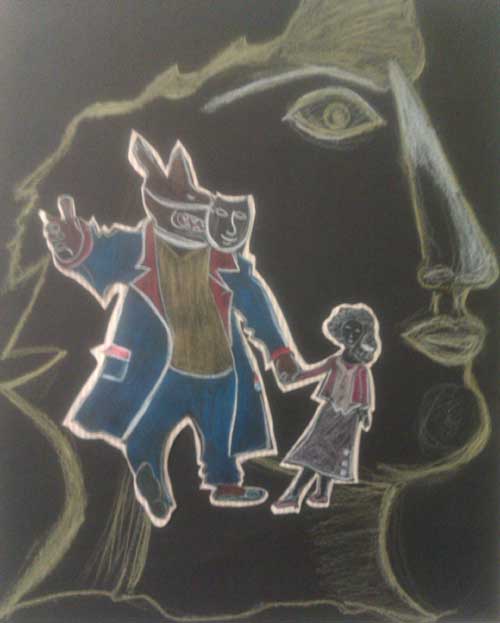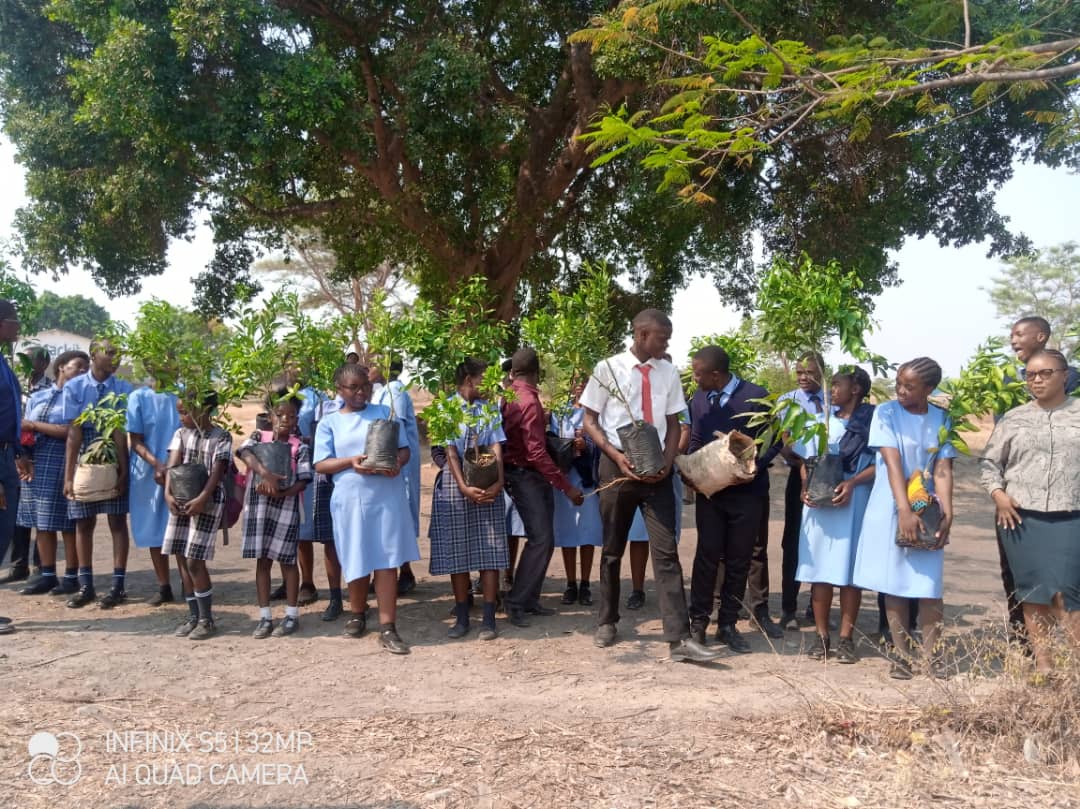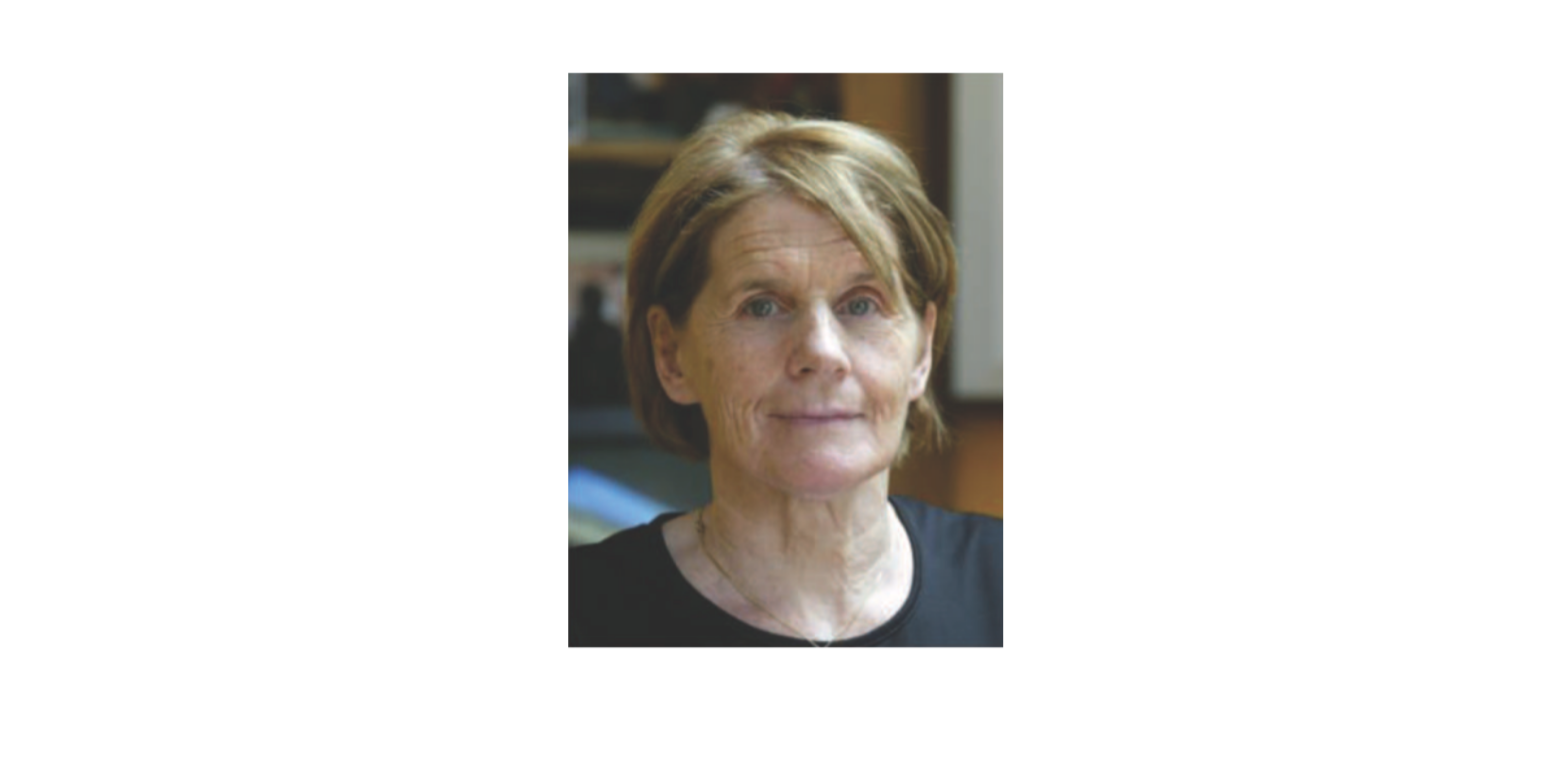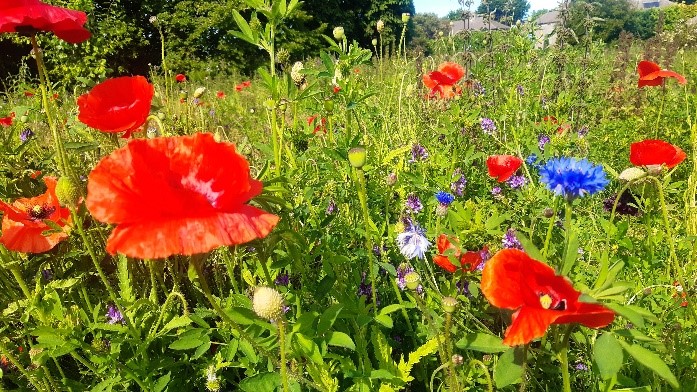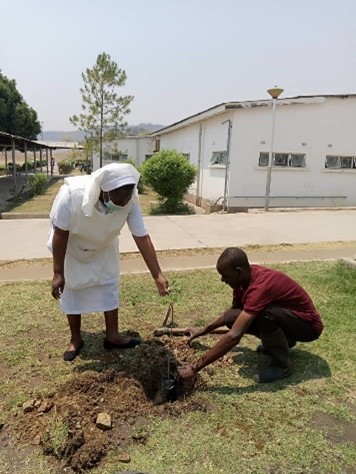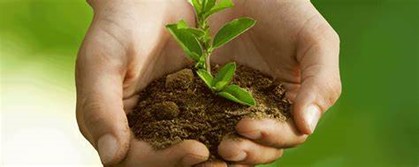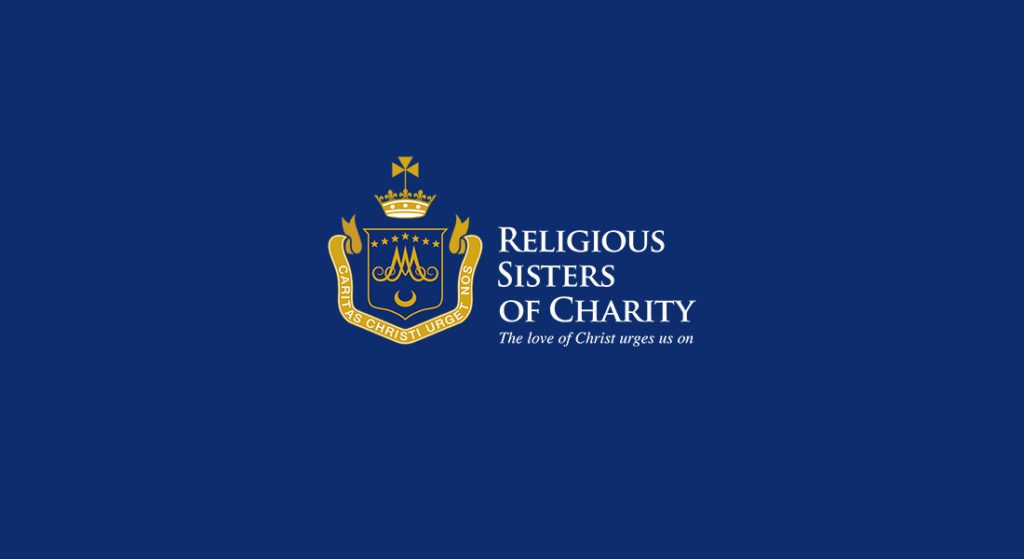
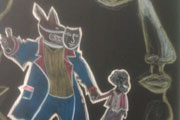 Sr Angela Murphy, from the English/Scottish Province recently visited the British Museum. Here she recalls how her visit links to the work of the Congregation at this time:
Sr Angela Murphy, from the English/Scottish Province recently visited the British Museum. Here she recalls how her visit links to the work of the Congregation at this time:
“This article and picture are the result of my first visit to the British Museum. It was a memorable day…
Upon entering the Museum I was struck by the enormity of the building and felt it was a hallowed place. Founded in 1753, the Museum’s remarkable collection spans over two million years of human history. I visited the Greek section with other members of the art class I attend. We were encouraged to look around before we settled on some objects to sketch.
During the visit I became interested in the daily life of the Ancient Greeks, their culture, art, history and in general the influence they had on the world down the ages up to the present time.
As I studied and researched the Ancient Greeks I saw how they used other people from different cultures to do their daily tasks. These people were called slaves. Slavery played a major role in Ancient Greek civilization. Slaves worked as domestic servants, factory workers, shopkeepers, mineworkers, farm workers, ship’s crewmembers and also as sex slaves. It is important to remember these people were thought of as the property of their masters.
The lives of ancient slaves were no different from the people who are trafficked in our world today who are exploited for purposes of commercial sex, prostitution, pornography and live sex shows. However as we know, human trafficking also takes place in the form of labour exploitation, such as domestic servitude, sweatshops, migrant agricultural work and in many other ways.
I was reminded of the words of St. Matthew. (25: 34 35)
“I was hungry and you gave me food, I was thirsty and you gave me something to drink, I was a stranger and you welcomed me, I was naked and you gave me clothing, was sick and you took care of me, I was in prison and you visited me.”
My work at the Jesuit Refugee Centre brings me into contact with asylum seekers who have no resource to benefits or accommodation and no permission to work. Often it is too unsafe for them to return to their own country and they become vulnerable to exploitation and reliant on charity. Destitute, they feel frustrated, powerless, manipulated and become tired by their situation. Walking humbly alongside forced migrants lies at the heart of the JRS mission and it is an essential ingredient of service to and advocacy for all who come to the Centre. Human Trafficking is an internationally organised crime that violates human rights and is a modern form of slavery.
In the Sisters of Charity, our Vow of Service of the Poor calls us to action and is a reminder of our General Chapter mandate to assist, support and empower people who have been trafficked. We join our actions with prayer:
O God, our words cannot express
what our minds can barely comprehend and our hearts feel,
when we hear of men and women, boys and girls
deceived and transported to unknown places
for purposes of sexual exploitation,
enslavement and all kinds of abuse
because of human greed
and the desire for profit at this time in our world.
